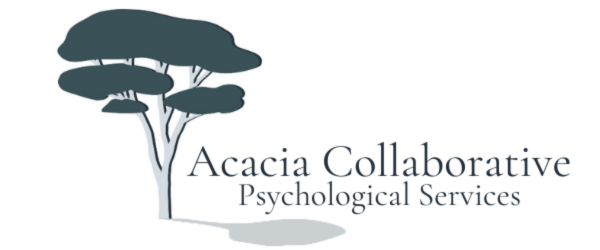Positive Psychology & Self-Compassion
Do you have PERMA? Positive emotion, engagement, relationships, meaning, and achievement, that is. These are all elements that positive psychology deems as what accounts for a “good” life. What is positive psychology? It’s a model that focuses on subjective positive experiences and positive traits. Positive psychology can also be viewed as the counterpart to traditional psychology that uses what we know about what makes us depressed, unmotivated, and anxious to guide us to what makes one experience pleasure, positive thought processes, and fulfillment. So why is positive psychology important? Often the social world which influences us can give us negative images and negative news that can shape our world views and self-perceptions. This can make individuals feel a void of happiness and envision endless perils. Positive psychology can help us to process this information and equip us to form positive solutions and outlooks. Positive psychology garnishes a deeper self-awareness that enables us to develop healthy engagements, connections, and self-compassion. During times of a pandemic and virtual stress, one could utilize positive psychology to practice self-care.
